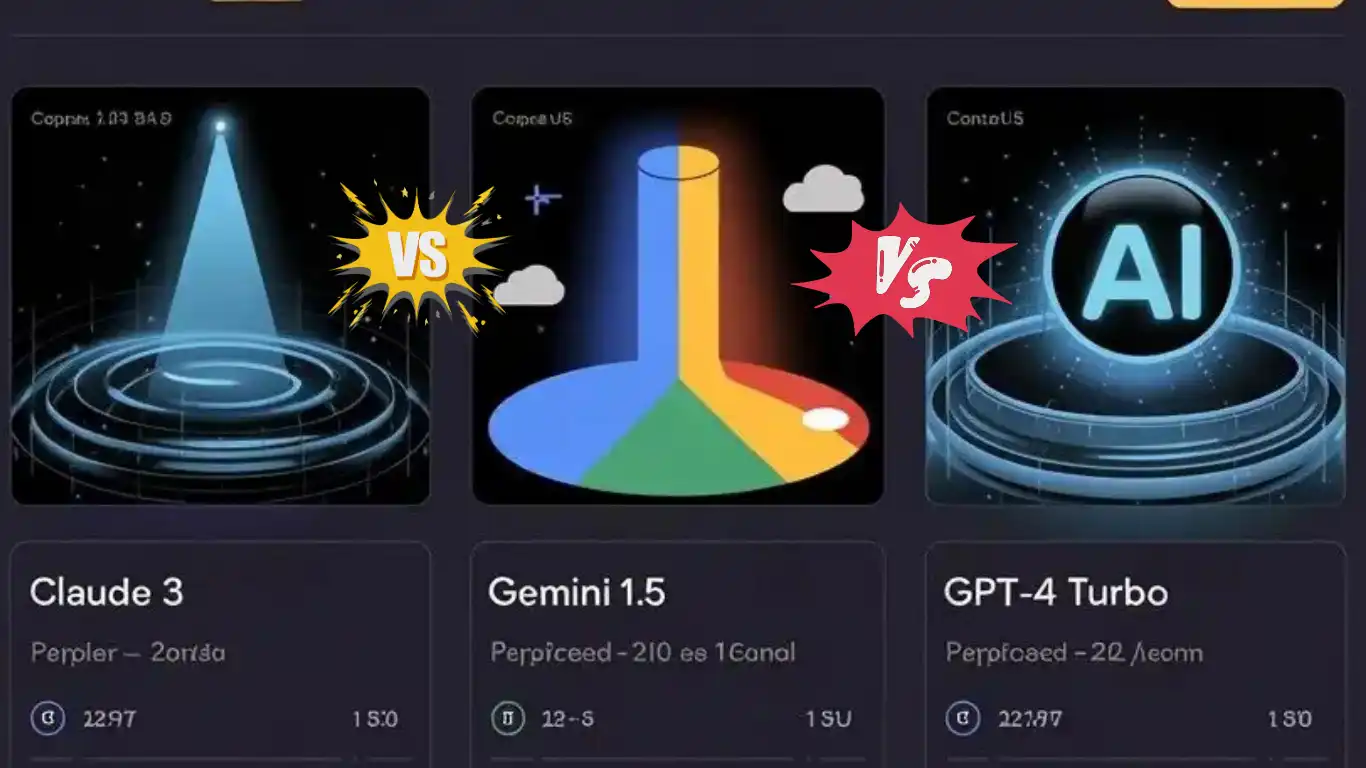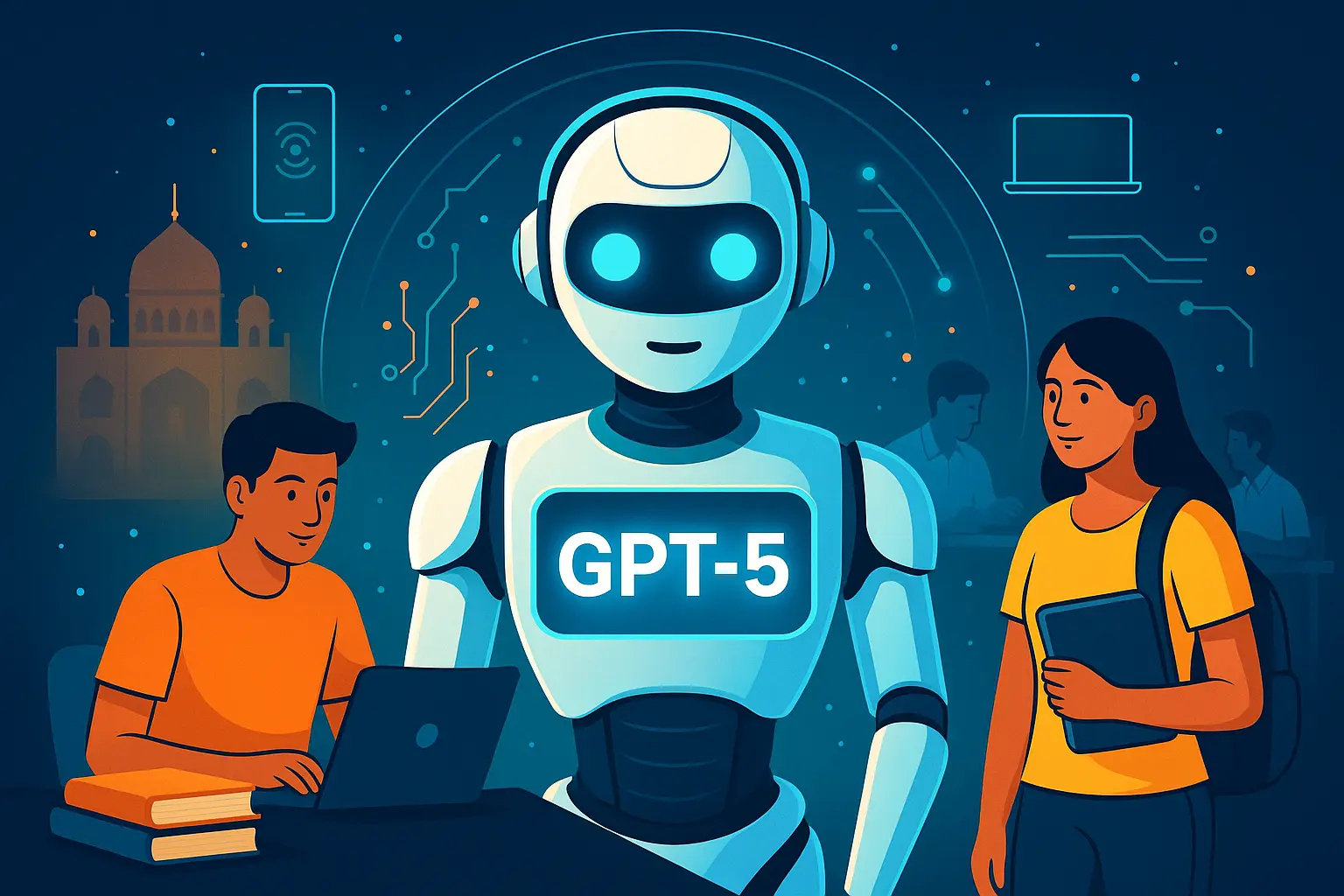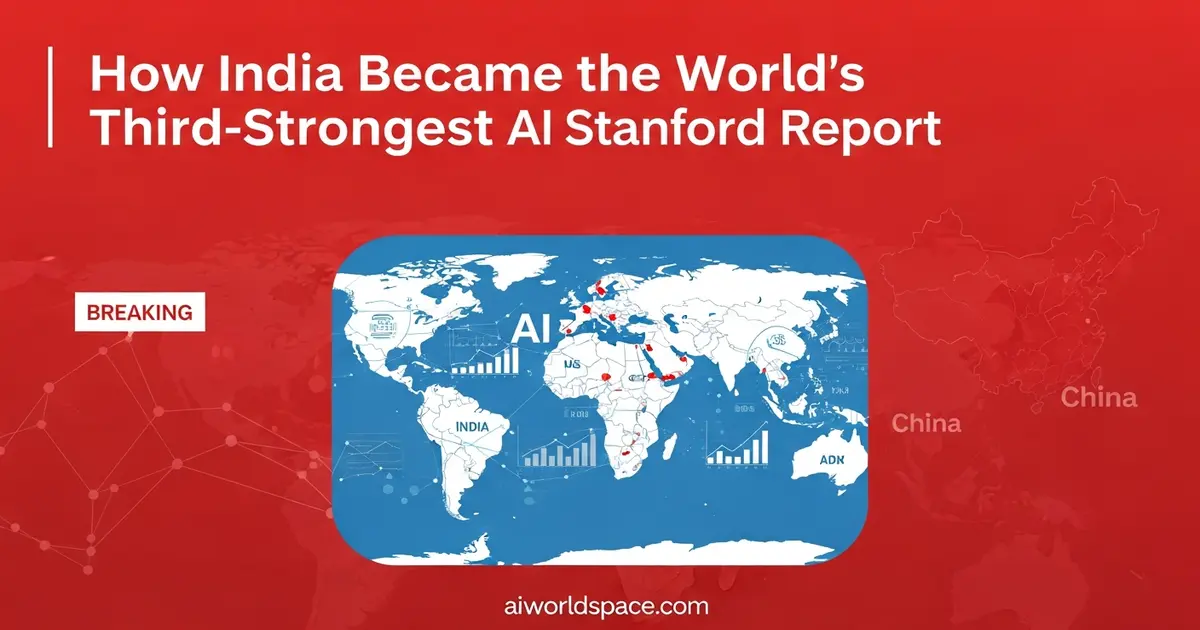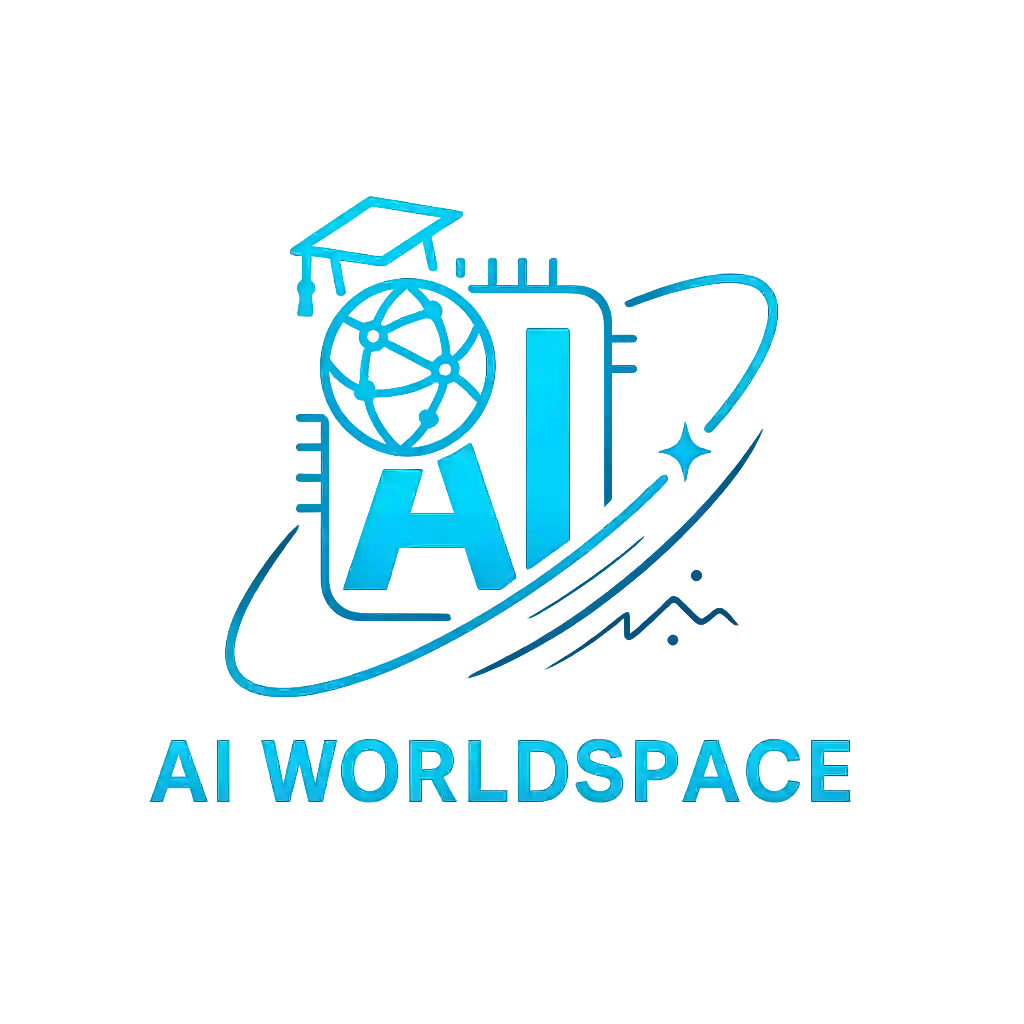As we stepped into 2025, the battle among AI models continues to heat up. In this article, we’ll compare Claude 3, GPT-4, and Gemini 1.5 across various aspects. Each model brings something unique to the table, whether it’s performance, pricing, or user experience. Let’s take a closer look at how these three AI giants stack up against each other in this Claude 3 vs GPT-4 vs Gemini 1.5 comparison.
Key Takeaways
- Claude 3 excels in coding tasks and provides clear reasoning behind its responses.
- GPT-4 stands out for its ability to follow instructions and manage large context windows.
- Gemini 1.5 offers impressive multimodal capabilities, making it great for handling various types of data.
- Pricing varies significantly, with GPT-4 being the most cost-effective option for many users.
- User experience is generally positive across all models, though each has its quirks and integration options.
Performance Metrics Across Models
It’s 2025, and everyone wants to know: which AI reigns supreme? Let’s break down how Claude, GPT, and Gemini stack up when it comes to cold, hard numbers. It’s not just about bragging rights; these metrics show where each model shines (and where it… doesn’t).
Benchmark Scores
Okay, so here’s the deal: getting apples-to-apples comparisons is tough. Each AI has its own strengths, and comprehensive data across all models is surprisingly rare. But, we can look at some key benchmarks.
GPT-4.1 is still a powerhouse. It aced the MMLU (Massive Multitask Language Understanding) benchmark with a score of 90.2%. It also did pretty well on other tests, like the SWE-Bench Verified (software engineering) at 54.6%.
Claude’s older version hit 78.5% on MMLU. Gemini 2.5 Pro is supposedly killing it in Spanish, which is cool for multilingual stuff. Grok 3 is supposed to be good at coding, math, and science, but specific numbers are hard to find. It’s worth noting that AI assistants for marketing are constantly evolving, so these scores might change fast.
Real-World Application
Benchmarks are cool, but what about actual use? Can these AIs handle everyday tasks? That’s where things get interesting. It’s not just about acing a test; it’s about how well they perform when you’re trying to write an email, debug code, or brainstorm ideas.
Here’s a quick rundown:
Content Creation:
GPT is still a solid choice for generating text, but Claude is catching up with its improved reasoning. Gemini’s multimodal capabilities give it an edge when you need images or audio involved.
Coding:
Grok 3 is supposed to be a coding whiz, but GPT-4.1 and Claude are no slouches either. It really depends on the specific task and the complexity of the code.
Problem-Solving:
All three models are pretty good at problem-solving, but Claude’s transparent reasoning can be helpful when you need to understand how it arrived at a solution.
Real-world performance is super subjective. What works great for one person might be a disaster for another. It depends on your specific needs, your prompt engineering skills, and your tolerance for AI weirdness.
Unique Features of Each AI
Claude’s Transparent Reasoning
Claude really shines when it comes to showing its work. It’s designed to explain its thought process, making it easier to understand how it arrives at a particular conclusion. This is super helpful for debugging complex problems or just gaining confidence in the AI’s output. It’s like having a study buddy who actually shows their calculations, not just the answer. This approach to AI reasoning is a game-changer for fields where trust and explainability are key.
GPT’s Instruction Following
GPT continues to impress with its ability to follow instructions, even really complicated ones. It’s like the AI equivalent of that super organized assistant who never misses a detail. Need it to write a poem in the style of Shakespeare, but also include references to modern technology? GPT can handle it. This makes it incredibly versatile for a wide range of tasks, from content creation to precise instruction following in software development. It’s not just about generating text; it’s about generating the right text, exactly as you need it.
Gemini’s Multimodal Capabilities
Gemini is making waves with its multimodal skills. It’s not just about text anymore; Gemini can understand and generate content across different formats, including images, audio, and video. Imagine being able to ask it to create a presentation based on a set of data, complete with visuals and narration – that’s the kind of power Gemini brings to the table. This opens up a whole new world of possibilities for creative projects and AI chatbots that can truly understand and interact with the world around them.
The ability to process multiple types of data simultaneously gives Gemini a distinct advantage in understanding complex scenarios and generating more nuanced and relevant responses. It’s a step towards AI that can truly see, hear, and understand the world like we do.
Pricing Structures and Plans
Claude’s Token Pricing
Claude has different pricing plans based on how much you use it. Instead of a fixed monthly fee, you pay for the amount of text you send and receive. Each Claude model has different rates. For example, Claude 3.7 Sonnet may charge more for replies than for what you type in. They also count “thinking tokens” in the cost. This pay-as-you-go system is good if your usage changes, but you need to watch your usage to avoid high bills.
GPT’s Cost Efficiency
GPT, especially with ChatGPT, uses a simple subscription system. There’s a free version with limited features, but the paid plans offer more. The Plus Plan gives access to better models and tools. For teams or big users, there are Pro, Team, and Enterprise plans. GPT is popular because it offers good features at a fair price. The Plus Plan is affordable and great for beginners. The Advanced Plan is also a solid choice for more serious users.
Gemini’s Subscription Model
Gemini works with a monthly subscription, like ChatGPT. You pay to use its AI features, and you also get extra Google One storage. The price is similar to other AI tools. Gemini fits well with Google apps, so it’s a good choice if you already use Google services. But for the most advanced Gemini tools, prices aren’t always shown, and you may need to ask Google for details.
| Plan Type | Claude 3 | Gemini 1.5 | GPT-4 Turbo |
| Free Access | Yes (limited via Poe) | Yes (basic version) | No |
| Premium Plan Cost | $20/mo (~₹1,600) | ₹650/mo (Google One) | $20/mo (~₹1,600) |
| Mobile Access | Yes (via Poe) | Yes (native support) | Yes (via browser) |
Strengths And Limitations
It’s time to get real about what these AI models can and can’t do. No AI is perfect, and each has its own set of strengths and weaknesses. Let’s break it down.
Claude’s Coding Abilities
Claude has really stepped up its game when it comes to coding. It’s known for producing clean, readable code, which is a huge plus for developers. However, it sometimes struggles with more complex tasks compared to GPT-4.1.
- Good at generating understandable code.
- Can identify changes in code effectively.
- May need assistance with intricate coding problems.
GPT’s Context Window
GPT’s context window is massive, allowing it to handle large amounts of text. This is great for tasks like summarizing long documents or having extended conversations. But, it does have a knowledge cutoff date, meaning it might not be up-to-date on the very latest information. The GPT’s context window is a key advantage, but it’s not without its limits.
GPT-4.1 is a beast when it comes to understanding context, but that knowledge cutoff can be a real pain. It’s like talking to someone who’s super smart but hasn’t read the news in a year. You have to fill them in on everything!
Gemini’s Multilingual Support
Gemini shines when it comes to multilingual support. It can handle multiple languages with ease, making it a great choice for global applications. However, some users have reported issues with accuracy, so it’s not always perfect. Multilingual support is a big deal for reaching a wider audience.
Here’s a quick comparison:
Feature | Gemini | GPT | Claude |
Multilingual | Excellent | Good | Okay |
Accuracy | Can be inconsistent | Generally reliable | Mostly reliable |
Real-time Knowledge | Limited | Limited by knowledge cutoff | Limited |
User Experience And Accessibility
Interface Design
Okay, so let’s talk about how these AI models actually feel to use. First up: the interfaces. Claude’s interface is pretty straightforward. It’s clean, minimal, and gets the job done. You’re not going to find a ton of bells and whistles, but that’s kind of the point. It’s all about focusing on the text. GPT, on the other hand, has a bit more going on. It’s still relatively clean, but there are more options and settings to play with. This can be a plus if you like to tweak things, but it can also be a little overwhelming if you just want to get straight to chatting. Gemini is trying to be the cool kid on the block. It’s got a modern, almost app-like feel. It’s visually appealing, but sometimes I wonder if they’ve prioritized looks over function. I mean, does anyone really need that many animations?
Ease of Use
Now, let’s get into how easy these things are to use. Claude is probably the easiest to pick up. It’s got a simple text box, and you just start typing. There’s not much of a learning curve. GPT is also pretty user-friendly, but it has more features, so it might take a little longer to figure out all the ins and outs. Gemini is aiming for that intuitive experience, but I think it falls a bit short. Sometimes, finding the settings you want can be a bit of a treasure hunt. And honestly, I’ve had a few moments where I wasn’t sure if I was doing things right. For example, I was looking at the documentation and it wasn’t clear how to upload data for report creation.
Integration with Other Tools
Finally, let’s talk about how well these AI models play with others. Claude is okay in this department. It’s got some basic API integrations, but it’s not the most connected AI out there. GPT is a bit better. It’s got a wider range of integrations, and there are a ton of third-party tools that work with it. Gemini is pushing hard on integrations, especially with other Google products. If you’re already deep in the Google ecosystem, this could be a big plus. But if you’re not, it might not be as useful. Here’s a quick rundown:
- Claude: Limited integrations, mostly focused on API access.
- GPT: Good range of integrations, lots of third-party support.
- Gemini: Strong Google ecosystem integration, but less versatile otherwise.
Ultimately, the best AI for you will depend on your specific needs and preferences. If you want something simple and easy to use, Claude might be a good choice. If you need a lot of features and integrations, GPT could be a better fit. And if you’re a Google power user, Gemini might be worth a look.
Future Developments And Innovations
Upcoming Features
Okay, so what’s next for Claude, GPT, and Gemini? It’s a wild race, that’s for sure. We’re hearing whispers about Claude getting better at handling super long documents – like entire books. Imagine summarizing War and Peace in seconds! GPT is supposedly working on even more realistic voice generation. Think less robot, more human. And Gemini? The big rumor is tighter integration with Google’s other services. That could be a game changer. I’m personally excited about seeing how these models handle video editing. That’s an area ripe for disruption.
Predicted Improvements
Honestly, predicting the future is tough, but here’s my take. I think we’ll see a big push towards more efficient AI. These models are power-hungry beasts right now. Companies will want to shrink their carbon footprint and save money. We’ll also see improvements in AI safety. No one wants a rogue AI taking over the world. Expect better safeguards and more transparency. Also, I think we’ll see more specialized AI models. Instead of one-size-fits-all, you’ll have AI tailored for specific tasks, like medical diagnosis or legal research. That’s where the real power lies.
Market Trends
AI is already everywhere, but it’s going to get even more integrated into our lives. Think about it: AI-powered assistants in every device, AI analyzing our health data, AI creating personalized learning experiences. The key trends in AI for enterprises are also important. The market is going to be driven by a few key things:
- Accessibility: Making AI easier for everyone to use, not just developers.
- Customization: Tailoring AI to specific needs and industries.
- Ethical considerations: Addressing bias and ensuring responsible use.
The AI market is expected to grow exponentially over the next few years. Companies that can adapt and innovate will be the ones that thrive. It’s an exciting time to be involved in this field.
And let’s not forget about the open-source movement. More and more AI tools are becoming available for free, which is democratizing access and fostering innovation. It’s a brave new world, folks!
Community Feedback And Reviews
User Satisfaction
User satisfaction is all over the place, honestly. Some people love Claude’s straightforwardness, while others find GPT’s versatility more appealing. Gemini’s multimodal stuff is a hit with some, but others don’t really need it. It really depends on what you’re trying to do.
- Ease of use is a big factor.
- Accuracy of responses matters a lot.
- Pricing always comes up.
Comparative Reviews
Comparative reviews are popping up everywhere. It’s interesting to see how different reviewers weigh the pros and cons. You’ll see stuff like:
Feature | Claude | GPT | Gemini |
Coding | Good | Great | Okay |
Creative Writing | Okay | Good | Great |
Multimodal | Poor | Poor | Great |
Expert Opinions
Expert opinions are starting to solidify. A lot of experts are saying that Claude is really good for specific tasks where you need clear, explainable reasoning. GPT is still the king of general-purpose AI, and Gemini is making waves with its ability to handle different types of data.
It’s important to remember that these models are constantly evolving. What’s true today might not be true tomorrow. Keep an eye on the updates and new features.
Wrapping It Up
So, after looking at Claude, GPT, and Gemini, it’s clear that each has its own strengths. GPT stands out as the top performer overall, but that doesn’t mean it’s the best choice for everyone. If you need something that can handle images or give you the latest info, Gemini might be your go-to. On the other hand, if you’re into coding or need help with creative tasks, Claude has got your back. Instead of thinking of these AIs as competitors, consider using them together. They can complement each other well, and that might just be the best way to get what you need. If you’re curious about more AI stuff, don’t forget to check out our blog!
Final Verdict – Which AI Suits You Best?
| User Type | Recommended AI | Why |
| Students | Claude 3 or GPT-4 Turbo | Deep reasoning, PDF summarizing |
| Developers | GPT-4 Turbo | Code interpreter, plugin access |
| Android Users | Gemini 1.5 | Native mobile support, fast replies |
| Content Creators | GPT-4 Turbo | Blog tools, tone control, custom GPTs |
| Regional Language Users | GPT-4 Turbo | Best Hindi and Hinglish handling |
Frequently Asked Questions
What are the main differences between Claude, GPT, and Gemini?
Each AI has its own strengths. Claude focuses on clear reasoning, GPT excels in following instructions, and Gemini is great for understanding images and text together.
How do these AIs perform in real-world tasks?
In real-life use, GPT is often seen as the best for general tasks, while Claude is preferred for coding, and Gemini shines in tasks that involve both text and images.
What are the costs associated with using each AI?
Claude charges $3 per million tokens for input and $15 for output. GPT costs $2 for input and $8 for output. Gemini has a subscription plan that starts at $19.99 per month.
What unique features does each AI offer?
Claude has a transparent reasoning mode, GPT has a large context window for understanding long texts, and Gemini can handle both text and images effectively.
Which AI is the easiest to use?
All three AIs have user-friendly designs, but many find GPT’s interface the simplest, while Gemini offers good integration with Google tools.
What can we expect from these AIs in the future?
We can look forward to improvements in their features, more advanced models, and better integration with other technologies as companies continue to innovate.
Which AI supports Indian languages best?
GPT-4 Turbo is currently most advanced for Hindi and Hinglish.
Yes, via the Poe platform with some usage limits.
No, but it interprets images well.
GPT-4 Turbo (via ChatGPT) and Claude 3 both support memory in Pro mode
Yes, through the Poe app.
GPT-4 Turbo and Gemini 1.5 Flash are both optimized for speed.










